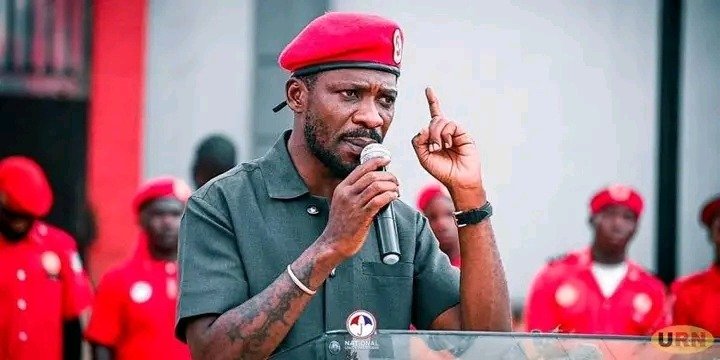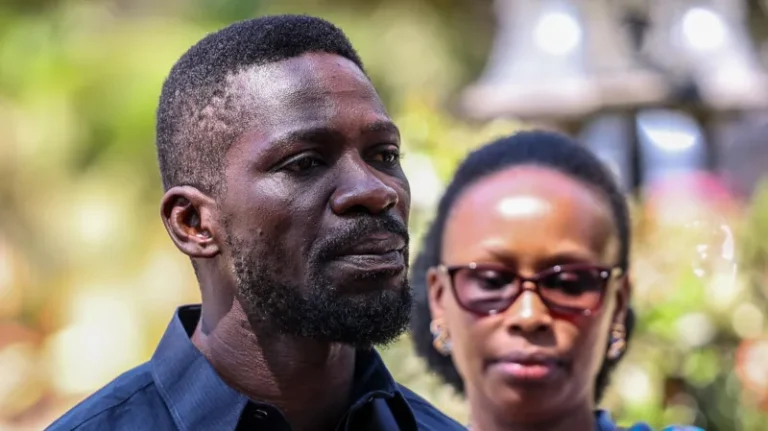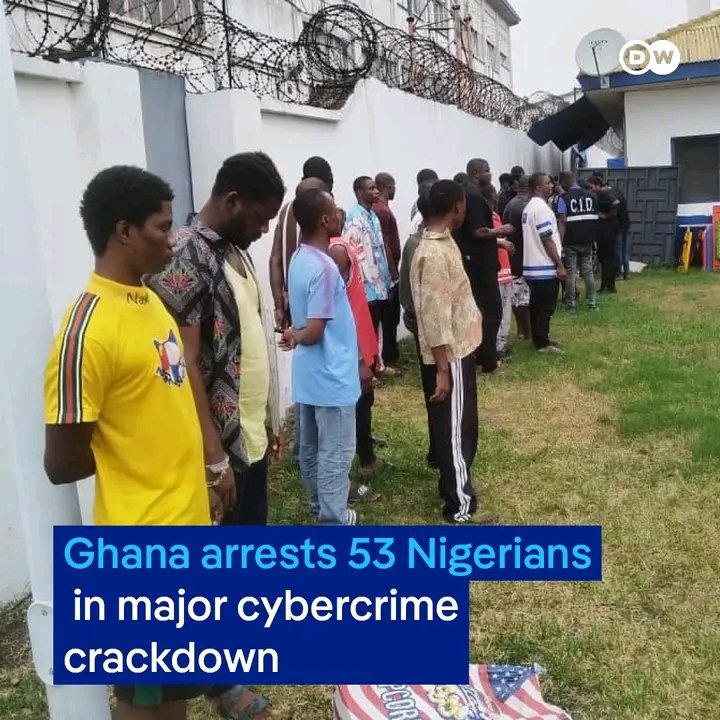
KAMPALA – The National Unity Platform (NUP) is grappling with a significant internal crisis and allegations of deep division as a contentious vetting process for its 2026 general election flag bearers sparks fury among party aspirants.
The party, led by Robert Kyagulanyi Ssentamu, popularly known as Bobi Wine, is facing a wave of defections and public criticism from its own members, who are accusing the leadership of bias, favoritism, and handpicking candidates in a “chaotic” selection process across the country.
The discontent has become so severe that many disgruntled members, once described as the party’s “royal footsoldiers,” are publicly abandoning what they call Bobi Wine’s “struggle,” dealing a heavy political blow to the opposition leader.
At the heart of the dispute is the party’s secretariat, which is responsible for vetting and approving aspiring candidates to carry the NUP ticket. Numerous aspirants for various parliamentary and local government positions have come forward to cry foul, claiming the process lacks transparency and fairness.
Accusations have been leveled directly at the party secretariat, with many pointing an even more pointed finger at Bobi Wine himself. Aspirants allege that the party is sidelining dedicated and loyal members in favor of the party leader’s inner circle.
There are specific claims that close associates of Bobi Wine, including figures like Nubian Li and David Lewis Rubongoya, are being prioritized for party tickets, while other aspirants who have built grassroots support are being unfairly excluded.
“This is not the democracy we fought for,” lamented one aspiring MP from Central Uganda who wished to remain anonymous for fear of reprisals. “The secretariat is handpicking their friends, not the most popular or competent candidates. They are killing the morale of the very people who built this party.”
The fallout has been immediate. Several regions have reported defections, with former NUP stalwarts announcing their intentions to run as independents or even switch allegiances to other parties, citing the flawed vetting exercise as their reason for leaving.
This internal rebellion presents a major challenge for Bobi Wine, who has built his political brand on a message of change, youth empowerment, and defiance against political establishment. Critics now accuse him of adopting the very practices of patronage and favoritism that he has long campaigned against.
The NUP secretariat has yet to issue a comprehensive statement addressing the specific allegations of bias. However, the growing public discontent threatens to fracture the party’s unity and weaken its competitive edge ahead of the crucial 2026 elections.








